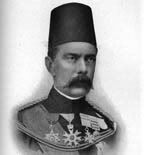 General Horatio Kitchener
General Horatio KitchenerIn 1898, General Horatio Kitchener brought an army of 8,200 British troops, 17,600 Sudanese and Egyptians up the Nile river to capture a city in Sudan called Omdurman. This battle was an attempt to re-conquer Sudan.
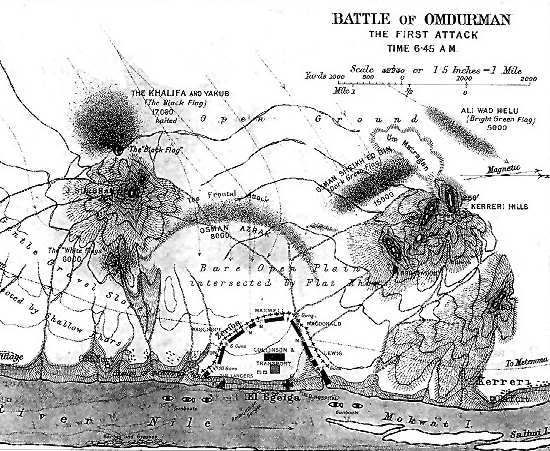
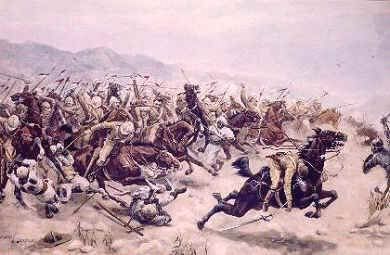
It was said to be on of the largest battles in African history with 90,000 men in a battle line that stretched for more than three miles.
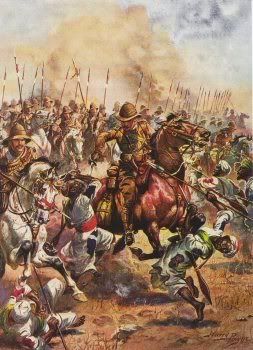
The battle was a drown out process as British powers realized the potential of power that existed in the Sudan nation after it had defeated four British armies and capturing over 20,000 of their weapons. After an unsuccessful attempt of trying to evacuate Sudan, a decision was made.
Kitchener had his forces around the village Egeiga, near the bank of the Nile were gunboats waited. The Dervishes, who were protecting Omdurman, considered to be around 50,000 including 3,000 cavalry split into five groups surrounding the British troops.
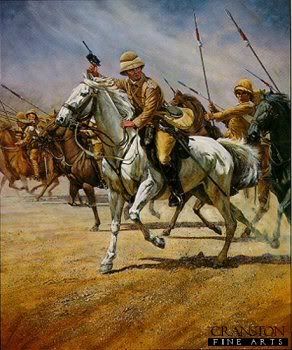
The battle began very early in the day as the Dervish were first to charge and the British artillery opened fire reducing the Dervish forces quickly, with about 4,000 casualties and barely advancing near the British.
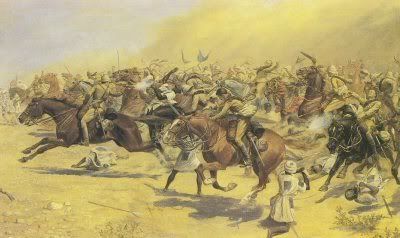
Kitchener decided to advance into Omdurman before any more Dervish could come so they began to move forward. One cavalry was sent and surprisingly attacked by more men than they had thought to be on the other side.
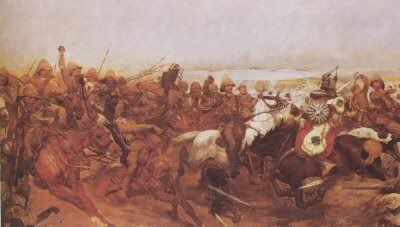
Kitchener then led his men up the Surgham ridge and southwards, to protect the back, 3,000 men who consisted mainly of Sudanse, commanded by Hector MacDonald. MacDonal was told of the 15,000 Dervish troops coming from the west and he readied his men for an attack.
The troops came in two prongs and after this, Kitchener began to throw many of his men into the battle. This had diminished the Dervish side quite a bit.
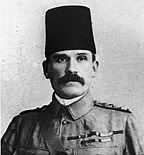 Hector MacDonald
Hector MacDonaldAround 10,000 protecting Omdurman were killed, 13,000 wounded and 5,000 imprisoned. Kitchener lost 48, 382 wounded, several days after the Kitchener left and was later ennobled for his victory.
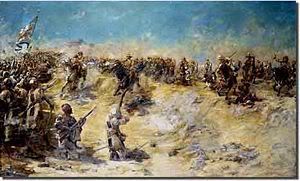
Winston Churchill was also present at the battle and published a piece called “The River War: An Account of the Reconquest of the Sudan.”
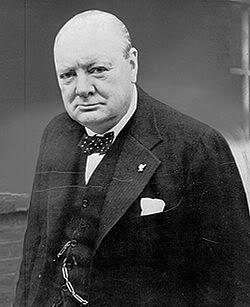
Winston Churchill

Sources:
en.wikipedia.org/wiki/Battle_of_Omdurman
pw1.netcom.com/~reincke/omdurman.html - Cached
www.afro-vision.com/Omdurman

3 comments:
Awesome post through pictures. I loved it, simple as that.
Neat, the Dervishes mentioned in your post are the origin of the phrase "whirling dervish," which I remember my grandma using occasionally. They spin around in a kind of twirling meditation, and to this day are led by the 22nd generation descendant of Rumi! Wild!
I agree with Peter on your pictures!
What do you think of the unbalanced casualties!! 10,000 to 48. I am somehow picturing the British just mowing the Africans down with machine guns. How else could that happen?
Post a Comment